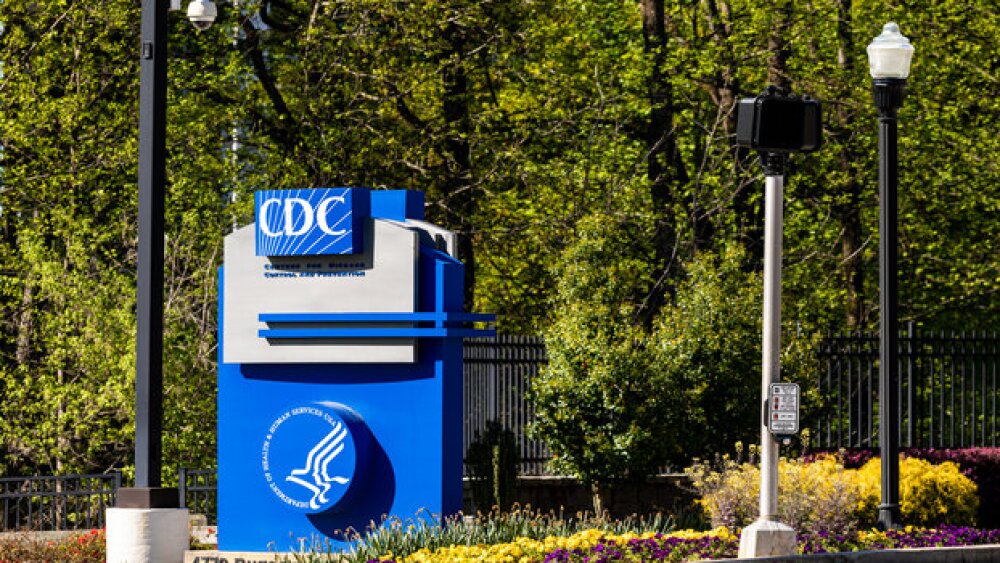Legislation would strengthen the pipeline and stockpile of medical countermeasures vital to our nation’s safety and defense
“Over the past fifteen years, federal biodefense programs and agencies have spurred the creation of dozens of medical countermeasures, in partnership with industry, greatly improving our nation’s capacity to prepare and respond to the countless known and unknown chemical, biological, radiological and nuclear threats facing our nation,” said BIO President and CEO Jim Greenwood. “Yet with each passing week, the number and scale of these threats continues to grow – whether from rogue regimes, terrorist groups, emerging infectious diseases or pandemics.“
“By authorizing increased, multi-year funding for these programs, as well as granting BARDA authority to address pandemic influenza, emerging infectious diseases, and antimicrobial resistance, this legislation would provide much needed flexibility and predictability for both government agencies as well as their private sector partners, which play a vital role in discovering and developing the medical countermeasures so desperately needed to protect our nation from these threats. Investments in preparedness and medical countermeasure development will enhance our response efforts, save lives, and be more cost effective in an emergency.”
“I applaud Congresswomen Susan Brooks (R-IN) and Anna G. Eshoo (D-CA), along with Energy and Commerce Committee Chairman Greg Walden (R-OR) and Ranking Member Frank Pallone (D-NJ) for their leadership and bipartisan cooperation in advancing this vital legislation.”
Background
After 9/11 and the 2001 anthrax attacks, Congress mandated a dedicated effort to develop and stockpile drugs, vaccines and diagnostics needed to protect the American people from chemical, biological, radiological, nuclear (CBRN) and pandemic threats. Because medical countermeasures to protect against threats like anthrax, Ebola, and plague have little or no commercial market, in 2004, Congress passed the Project BioShield Act which created the Special Reserve Fund (SRF) to help fund the development of these products. The 2006 Pandemic and All-Hazards Preparedness Act (PAHPA) created the position of the Assistant Secretary for Preparedness and Response (ASPR) to lead the government’s response to national health emergencies. The bill also created the Biomedical Advanced Research and Development Authority (BARDA) to provide industry partners with funding and technical assistance in the advanced research and development of medical countermeasures. Key federal programs are reauthorized and funded every five years through the PAHPA legislation.
About BIO
BIO is the world's largest trade association representing biotechnology companies, academic institutions, state biotechnology centers and related organizations across the United States and in more than 30 other nations. BIO members are involved in the research and development of innovative healthcare, agricultural, industrial and environmental biotechnology products. BIO also produces the BIO International Convention, the world’s largest gathering of the biotechnology industry, along with industry-leading investor and partnering meetings held around the world. BIOtechNOW is BIO's blog chronicling “innovations transforming our world” and the BIO Newsletter is the organization’s bi-weekly email newsletter. Subscribe to the BIO Newsletter.
Upcoming BIO Events
|
September 4-5, 2018 Sao Paulo, Brazil |
October 17-18, 2018 San Francisco |
||
|
BIO Patient and Health Advocacy Summit October 25-26, 2018 Washington, DC |
|
View source version on businesswire.com: https://www.businesswire.com/news/home/20180720005216/en/
Contacts
Biotechnology Innovation Organization (BIO)
Daniel Seaton
202-549-8243
Web: www.bio.org
Blog: www.biotech-now.org
Twitter: @IAmBiotech
Source: Biotechnology Innovation Organization (BIO)





